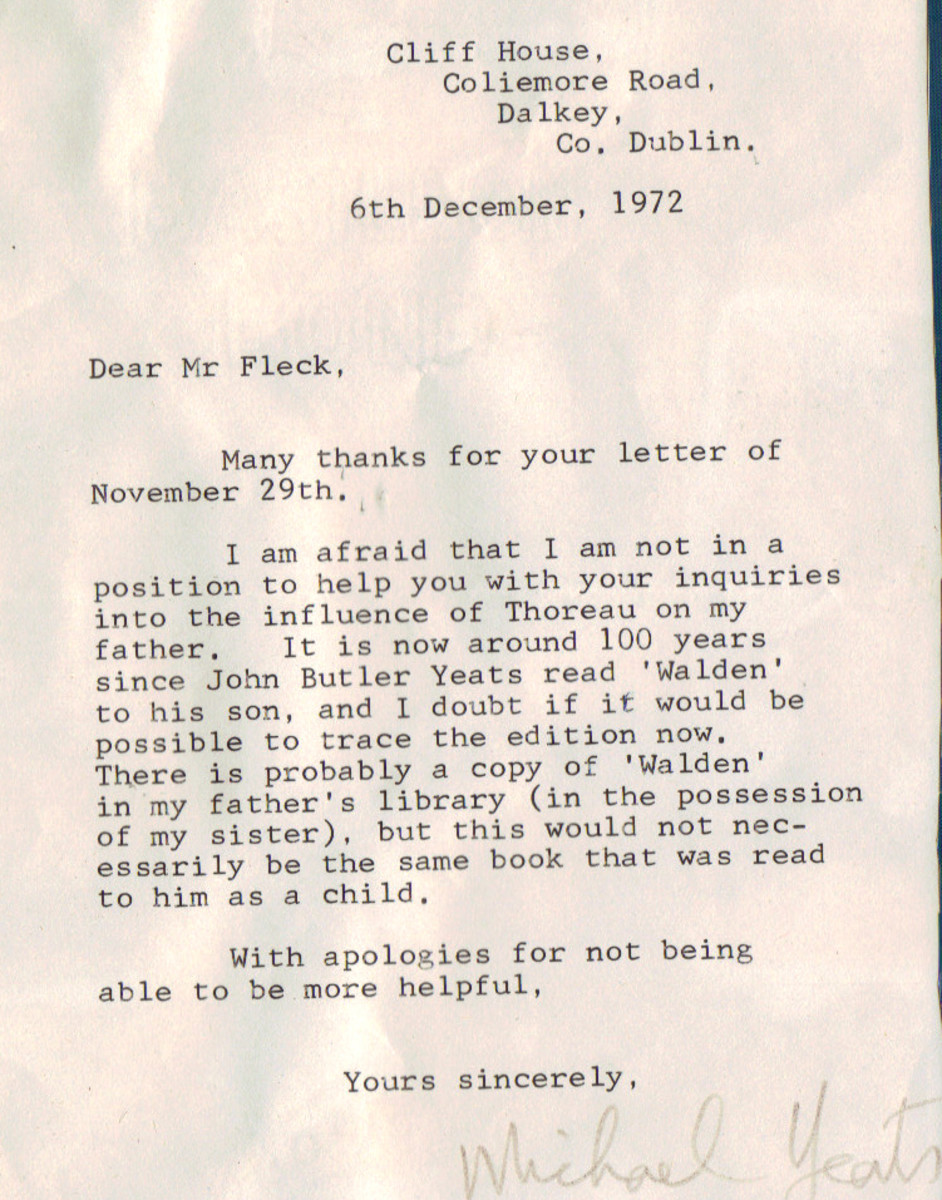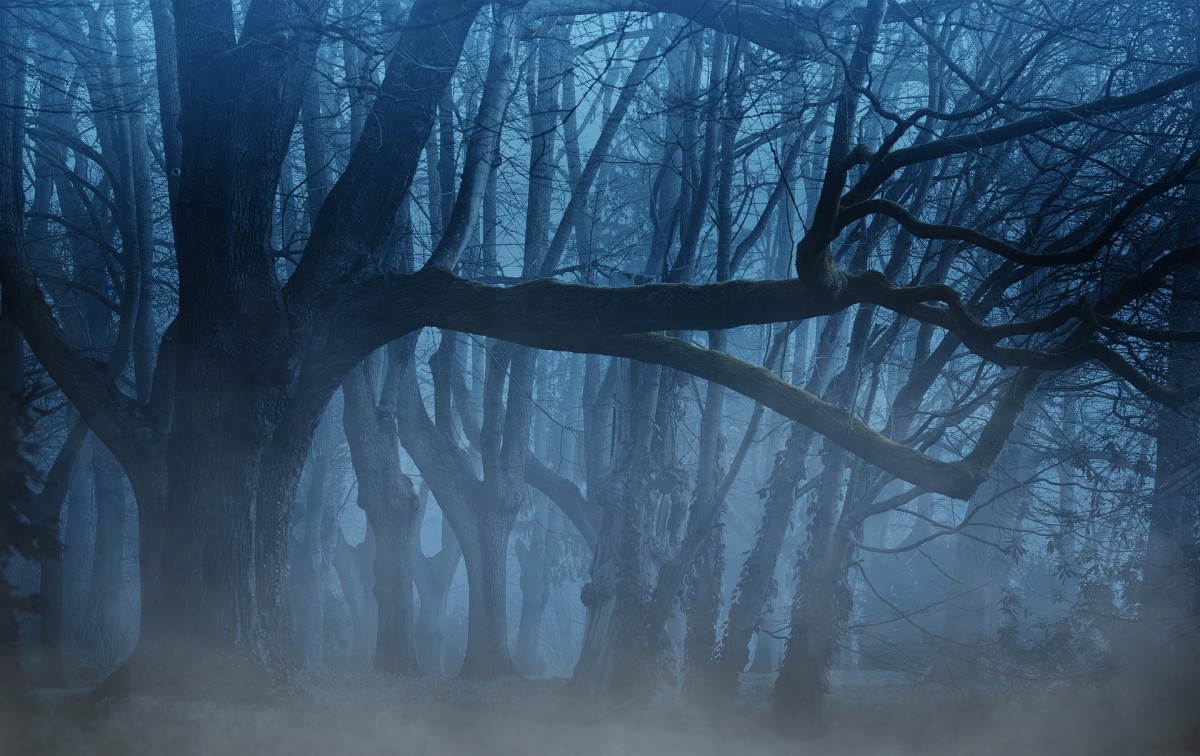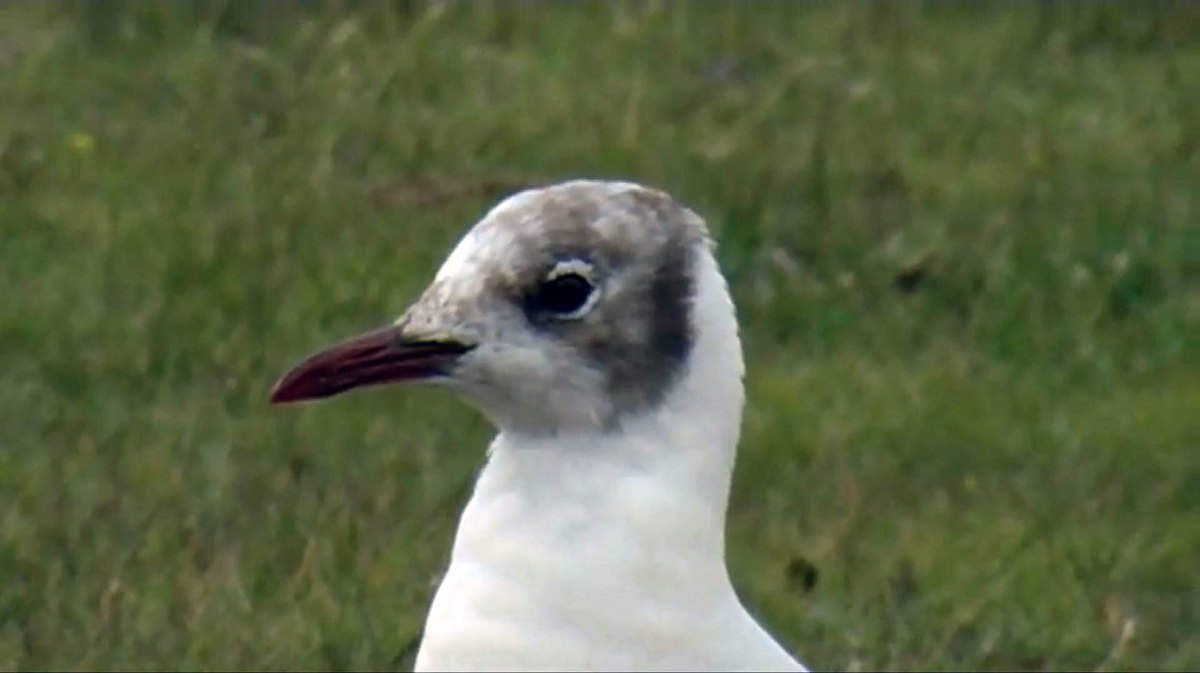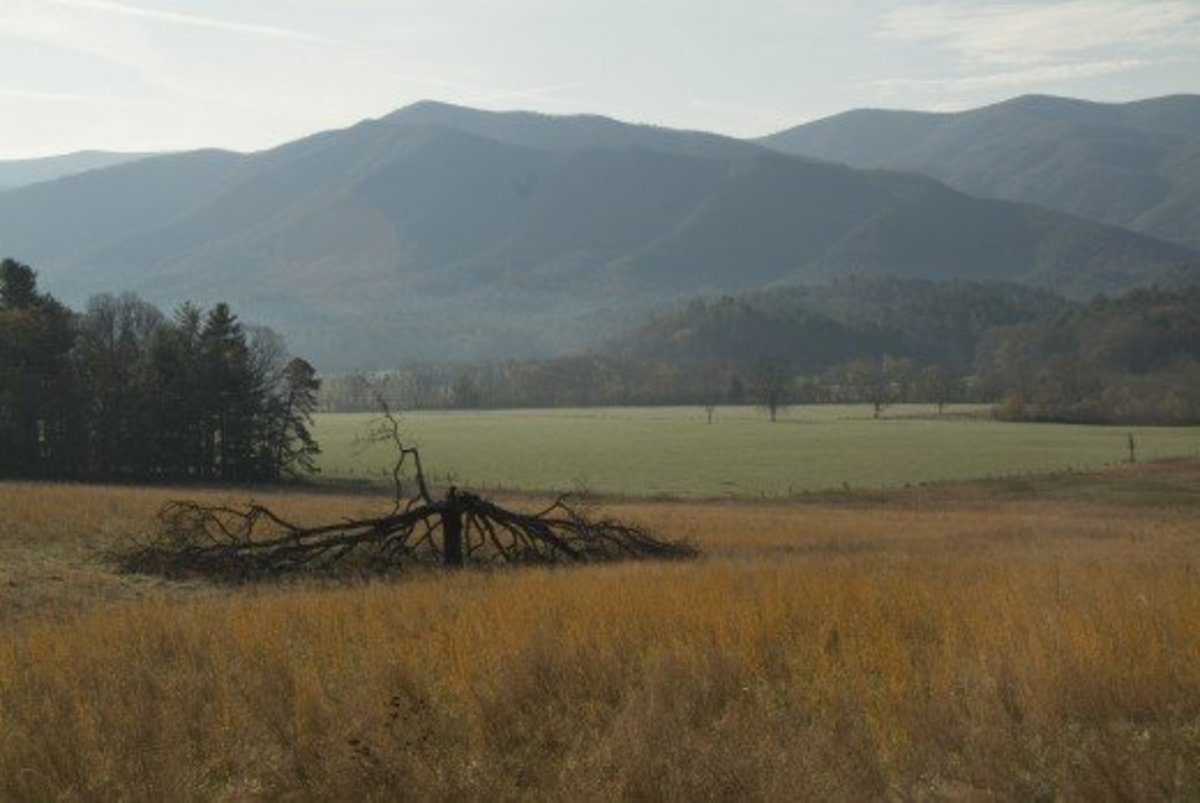Henry Thoreau and the Wilderness
Henry David Thoreau
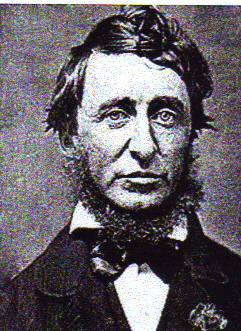
Henry Thoreau and Wilderness
The problem of the vanishing wilderness faced Thoreau, as it faces us. "Kataadn," in The Maine Woods(1864) is remarkably similar to today's pleas for saving the Allagash country of Maine.Whether we read about the need of saving Dinosaur National Monument or read Thoreau's "Chesuncook," the basic expression is the same. Indeed, "In wildness is the Preservation of the World," Thoreau states it well; we have need of space and the wilds, but to explain why to indifferent oilmen may cause us to seem mawkish and unrealistic.
Thoreau can hardly be thought of as a logician. Instead, the writings of this New England mystic are an amalgamation from a vast ocean of thought. From his voluminous works I have pieced together his "four needs" for the wilderness: practical, therapeutic, spiritual, and literary.
Thoreau as Early-Day Forester
In "The Succession of Forest Trees," Thoreau concerns himself with the fundamentals of forestry and the necessity of proper forest growth for future use. Conservation practices of raising pine forests as nurses for oak forests and the transplanting of saplings for the amelioration of soil are discussed at length. He realizes the necessity of protecting animal life, the squirrel and the jay, in order that the natural dissemination of seeds be continued. Woodland preserves with their ecological relationship must be understood and maintained. This appreciation of wilderness as a conservatory for food, fuel, and shelter is easily understood, except by those to whom spruce or maple trees appear as dollar bills. The three other needs for the wilderness that Thoreau presents are far more subtle.
Where there is continual tension and ultra-mechanization some catharsis is sought. The Louisiana marsh landsway back in from the gulf can be and are a source of catharsis especially in the days of gulf oil spills. Thoreau found what many seek today--the inner retreat where the mind can relax and divert to the aesthetically pleasing. The town and city dweller can be revived in the wilderness. As Thoreau puts it, "There is no scent...so wholesome as that of the pines, nor any fragrance so penetrating and restorative as the life-everlasting in high pastures." This statement rings true as shown by the continually increasing flow to our National Parks. Since we are natural creatures ourselves, we have a continuing need to be reminded that the artificial world of man is only part of life. Thoreau, in A Week on the Concord and Merrimack Rivers (1848), states, "There is something indescribably inspiring and beautiful in the aspect of the forest skirting and occasionally jutting into the midst of our towns, which, like the sandheaps of fresh foxburrows, have sprung up in their midst. The very uprightness of the pines and maples asserts the ancient rectitude and vigor of nature. Our lives need the relief of such a background, where the pine flourishes and the jay still screams."
City Soul Needs Forests
A balance of natural with artificial is essential for the mind as well as the spirit. When one roves the woods, climbs mountains, or walks along the seashore, his soul gains a proper perspective of the world and human experience. "In passing over these heights of land, through their thin atmosphere, the follies of the plain are refined and purified..." The very hills act as a catalyst. Thoreau feels that colleges should be near nature and the mountains. "Some will remember, no doubt, not only that they went to college, but that they went to the mountain. Every visit to its summit would, as it were, generalize the particular information gained below, and subject it to more catholic [universal] tests." Does the wilderness, then, not only relax us, but also broaden us? Anyone who has stood on the rim of the Grand Canyon, a mountain summit, a cliff of the coast of Maine knows that something happens to thought. Is it refining?
Both the form and content of literature are affected by the wild. Thoreau writes, "In literature it is only the wild that attracts us. Dullness is only another name for tameness. It is the untamed, uncivilized, free, and wild thing in Hamlet, in the Iliad, and in all the scriptures and mythologies that delights us--not learned in schools, not refined and polished by art. A truly good book is something as wildly natural and primitive, mysterious and marvelous, ambrosial and fertile, as fungus or lichen." The wild sea coasts, gulf shores, mountain forests, and choppy rivers are for the writer as well as the painter. As the cosmic Yankee states, "It is remarkable that the autumnal change of our woods has left no deeper impression on our literature yet." His works as well as those of such greats as John Muir, John Burroughs, Aldo Leopold, and Rachel Carson reflect it well.
Thoreau is no Sentimentalist
Thoreau is no sentimentalist. He writes, "The surliness with which the woodchopper speaks of his woods, handling them as indifferently as his axe, is better than the mealy-mouthed enthusiasm of the lover of nature." One extreme is as bad as the other. He realizes that what the wilderness stands for is what man should stand for. It is upon this strength that our nation depends.
In his essay "Walking" he speaks of America and her wilderness when he says: "If the moon looks larger here than in Europe, probably the sun looks larger also. If the heavens of America appear infinitely higher, and the stars brighter, I trust that these facts are symbolical of the height to which the philosophy and poetry and religion of her inhabitants may one day soar." One hundred and fifty years of time separating Thoreau from today has had no effect upon the meaning of what he has to say to us and to those who come after us.
Thoreau preceded Muir in advocating for wild parks to be set aside for New England towns and cities so that the inhabitants may maintain their sanity.

